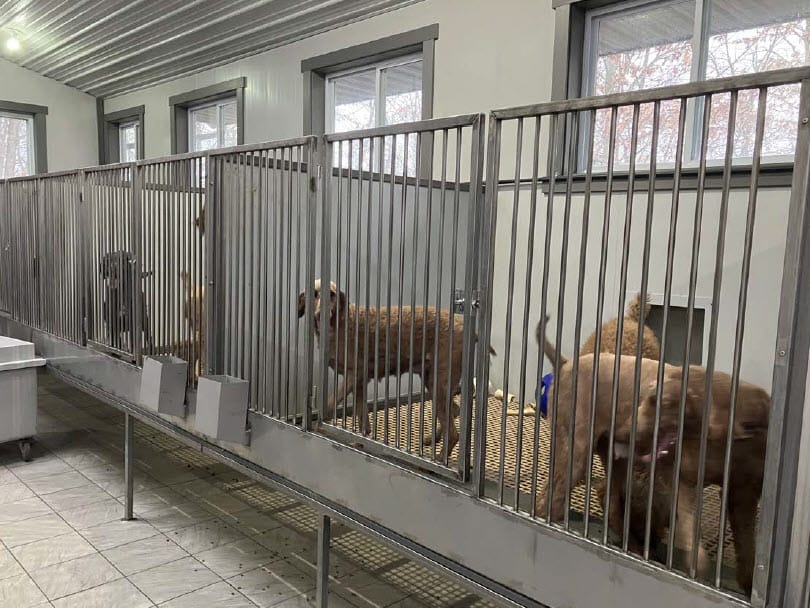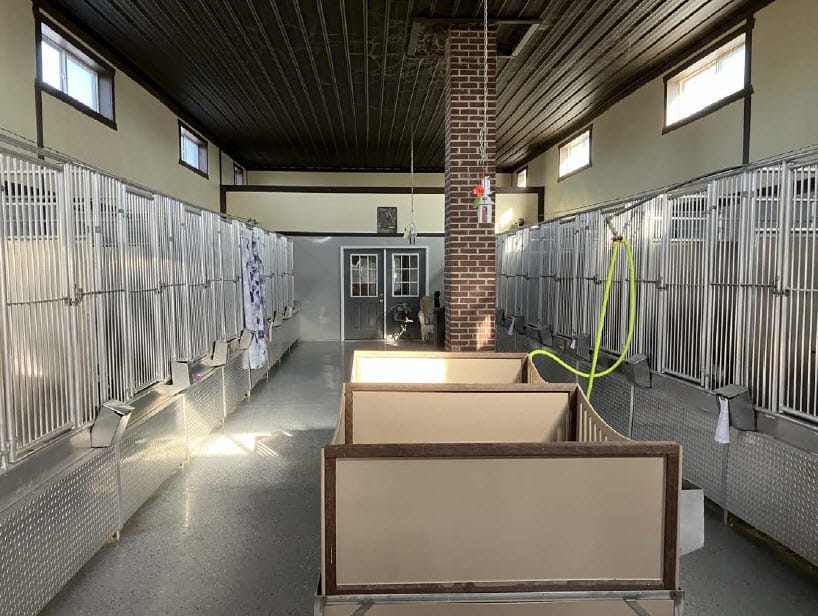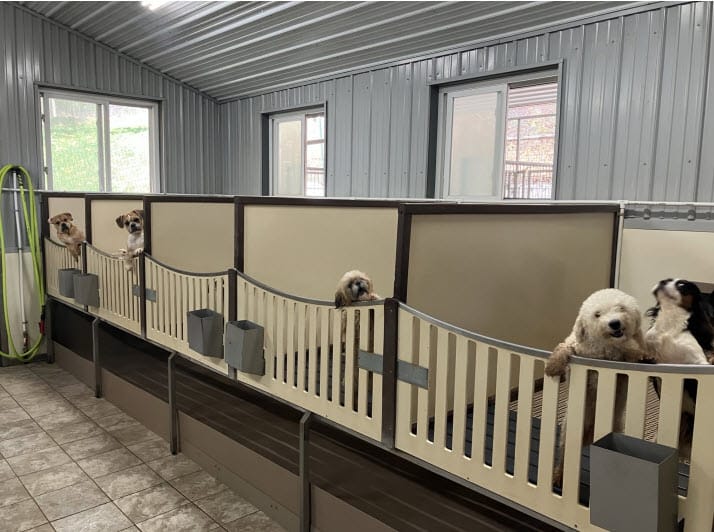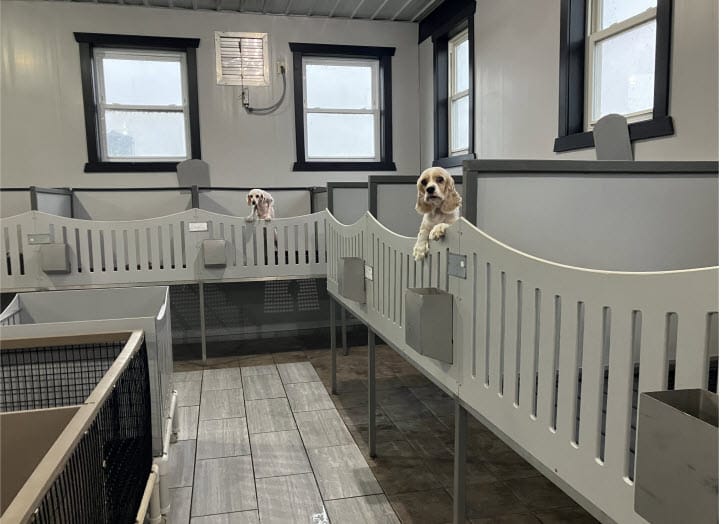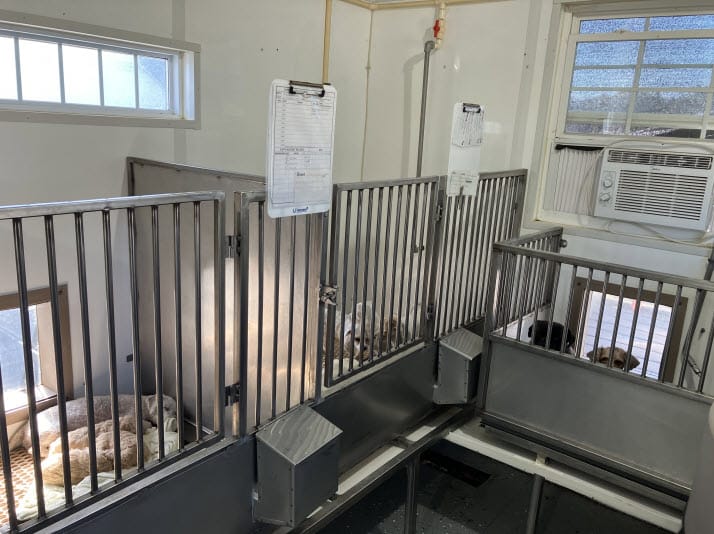
The Puppy Mill Pipeline
Mapping the Supply Chain of Commercial Dog Breeding Across the Midwest
Known as the puppy mill pipeline, fueled by consumer demand, a lack of transparency, pet stores and the growth of online puppy broker websites that act as middlemen between breeders and buyers, thousands of puppies are bred in commercial dog breeding facilities across the Midwest each year.
Ohio, Indiana, and Illinois are home to some of the highest concentrations of state and USDA-licensed, high volume commercial dog breeders in the country, this data-driven look shows how these key states are central to the pipeline.
What the Data Shows
Counties with High Concentrations of Commercial Breeders
The data taken from state and federal databases show a significant amount of breeding facilities located in rural, agricultural counties with large Amish or Plain community populations, where dog breeding has become a common lucrative business model.
The data, maps and graphs highlight counties like Holmes County, OH, Daviess and LaGrange Counties in Indiana, Arthur and Arcola, IL and Lancaster County, PA, where commercial kennels are concentrated.
Visit state-specific pages for detailed data on state and federally licensed commercial dog breeders.
How the Pipeline Works
High volume commercial dog breeders produce litters of puppies.
Puppies are sold through web sites or third party puppy broker web sites often marketed as “family breeders, partner homes, hand raised…”
Many buyers purchase puppies online without ever seeing where they were born.
Delivery is arranged via air, nannies, truck transports or “meet halfway” locations, masking the true origin of the puppies.
Meanwhile, the parent dogs remain at the breeding facility confined to breeding cages.
What Are Commercial Dog Breeders
Commercial dog breeders are licensed and legal. These facilities focus on producing puppies for sale online or supply puppies to pet stores.
Concerns About Commercially Bred Puppies:
- Overbreeding, genetic defects, disease transmission, behavioral and socialization problems, puppies are frequently taken from their mothers and littermates early, often before 8 weeks of age, which prevents them from developing crucial canine social skills and can lead to anxiety and fear.
- Lack of Exposure: Puppies miss out on vital early exposure to various sights, sounds, people, and environments, making them less adaptable and more prone to fear-based behaviors later in life.
- Support for Cruelty: Purchasing a puppy from a commercial breeder supports an industry shown to have systemic welfare issue.
How Online Puppy Sales Fuel the Pipeline
Puppy broker websites are the modern face of the puppy mill industry. These companies act as third-party sellers, advertising puppies from breeders they partner with—often without disclosing the breeder’s name, location, or license status. Today, the internet makes it easy to buy a puppy with just a few clicks, and most consumers have no idea where that puppy really comes from.
These online platforms, make it nearly impossible for buyers to assess the breeding conditions firsthand.
The volume of puppies sold online continues to grow, as traditional pet stores face legal bans and declining consumer trust.
They present puppies as coming from “loving homes” or “family breeders,” when in reality, many are sourced from high-volume commercial kennels, including those licensed by the state they are located in, the USDA or both.
By sanitizing the image of mass breeding and removing in-person accountability, puppy broker websites play a critical role in keeping the pipeline running—and profitable.
Take Action
Explore the maps and data to understand where commercial breeders are located
Think critically before buying a puppy online
Adopt from a local shelter or rescue
Share this information to help others learn about the pipeline



